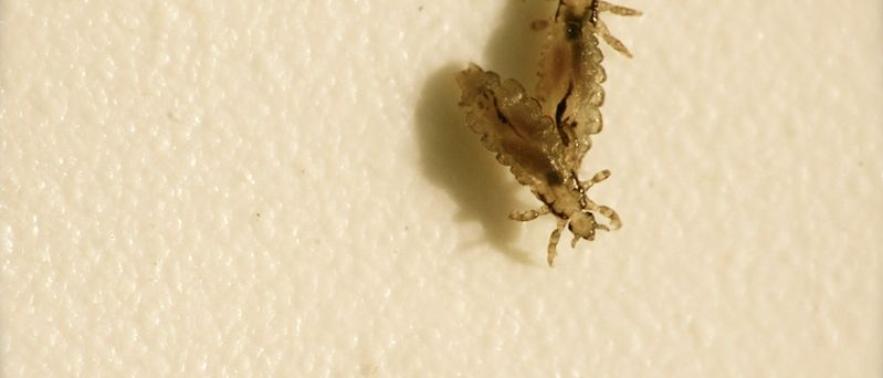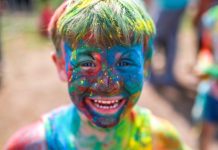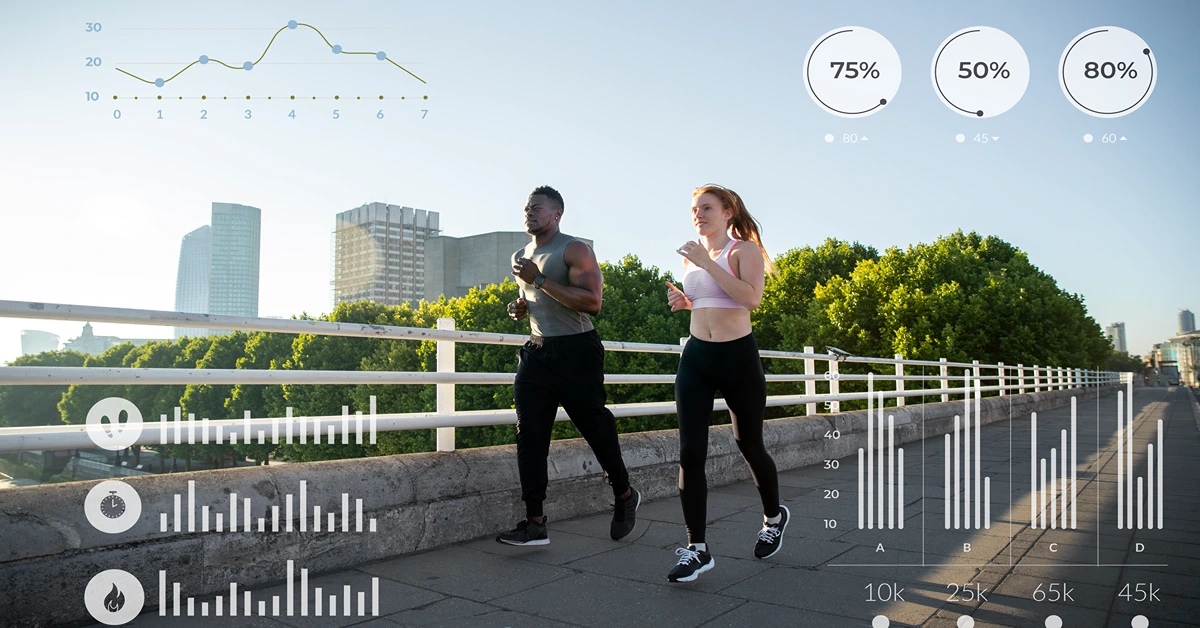The most common symptom of children infected with head lice is itching, although some children do not complain if they have a light infestation.
Adult lice are reddish-brown and 1/16 of an inch long. They move very fast and are most commonly seen at the back of the neck and behind the ears. Lice can only survive for two to three days when off of the human body. Nits are eggs from the adult lice and are whitish and are firmly attached to hairs. The eggs hatch in 6-10 days and it then takes another two to three weeks for the lice to mature and be able to reproduce.
If you find lice or viable nits (found close to the scalp) on your child, use an anti – lice shampoo, such as Nix or Rid, and follow the package directions carefully. In general, you should apply it to washed and dried hair (Nix) or wet, unwashed hair (Rid) and apply the shampoo until the hair and scalp is saturated and thoroughly wet. Leave the shampoo on for ten minutes and then rinse it out. Consider using a second shampoo treatment in 7-10 days to kill newly hatched lice.
A prescription shampoo, Ovide (malathion), may be needed for resistant lice. It is lathered into dry hair and left on overnight. It should not be used in newborns or infants, and be careful, because it is flammable!
To assure total lice treatment it is necessary to remove all of the nits in your child’s hair. You can use the plastic comb that came with your antilice shampoo, or for better results, consider buying a fine toothed metal comb (such as the LiceMeister 888-542-3634 to order).
Use a regular comb or brush and hair clips to remove tangles and separate your child’s hair into sections. Now use your lice comb and go through each section of hair from the scalp to the end of the hair, removing all of the lice and their nits (lice eggs). After finishing each section, search again for any lice that you may have missed and remove them.
It is important that you now check your child’s hair every night until all of the lice and nits have been removed. Sit your child in the bathtub and comb their hair out with a regular comb. Check the scalp thoroughly and remove all lice (alive or dead) that you find. Next, use your lice comb again and go through each section of hair until all nits have been removed.
Important Reminders
- Be patient. This is a frustrating problem.
- Check your children for lice regularly and teach them to not share combs, brushes or hats.
- Avoid using lice sprays, pesticides, gasoline or other non-approved products on your child. These can be deadly!
- Call your pediatrician if your child’s lice infestation has not resolved in 1-2 weeks or if his scalp has a rash that is infected with pus or honey colored scabs.





